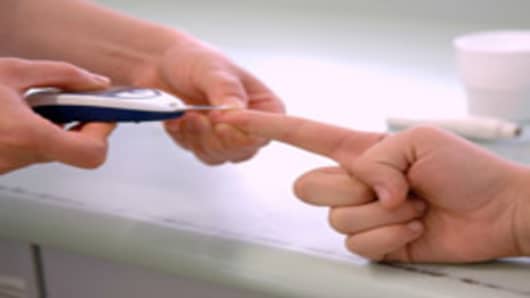Diabetes has become a pandemic of monumental proportion.
Not only has it threatened the lives of millions, but it also has added to the massive economic burden of chronic disease. The International Diabetes Federationestimates that at least 285 million people worldwide have diabetes, and that number is estimated to more than double by 2030.
Untreated, diabetes accelerates and contributes to the development of other serious medical conditions such as cardiovascular disease, stroke, amputation, blindness, and kidney disease. In the U.S. alone, nearly eight percent of the population has either Type 1 or Type 2 diabetes, costing our healthcare system nearly $200 billion annually, nearly 10 percent of all U.S. healthcare expenditures.
Not since the pivotal discovery of insulin’s role in the regulation of blood glucose in the late 19th century has the advancement and innovation of diabetes management been more pronounced.


